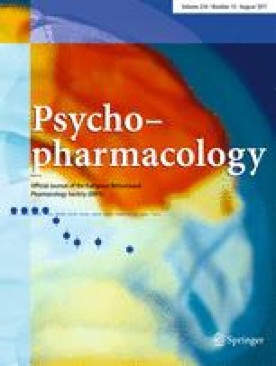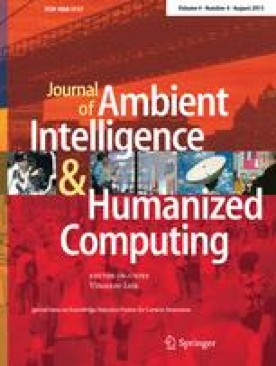
An Elsevier journal has issued a rather remarkable expression of concern for a 2021 paper on rabbit husbandry after learning that the lead author misrepresented the authorship of the article – and possibly more.
The paper, “Supplementing rabbit diets with butylated hydroxyanisole affects oxidative stress, growth performance, and meat quality,” appeared in animal and ostensibly came from a group in Egypt and Saudi Arabia led by Tharwat Imbabi.
But as the journal explains, the article wasn’t the first rabbit rodeo for Imbabi, of the department of animal production at Benha University. According to the notice, the researcher had failed repeatedly to publish his manuscript in other journals, so he turned to “third parties” for help.
Those contributors did the bulk of the work – but wanted none of the credit. Meanwhile, Imbabi appears to have found other authors willing to join the list.
We’ll let the expression of concern tell the rest:
Continue reading A hare-raising expression of concern after an author hires a third party to get a paper published






